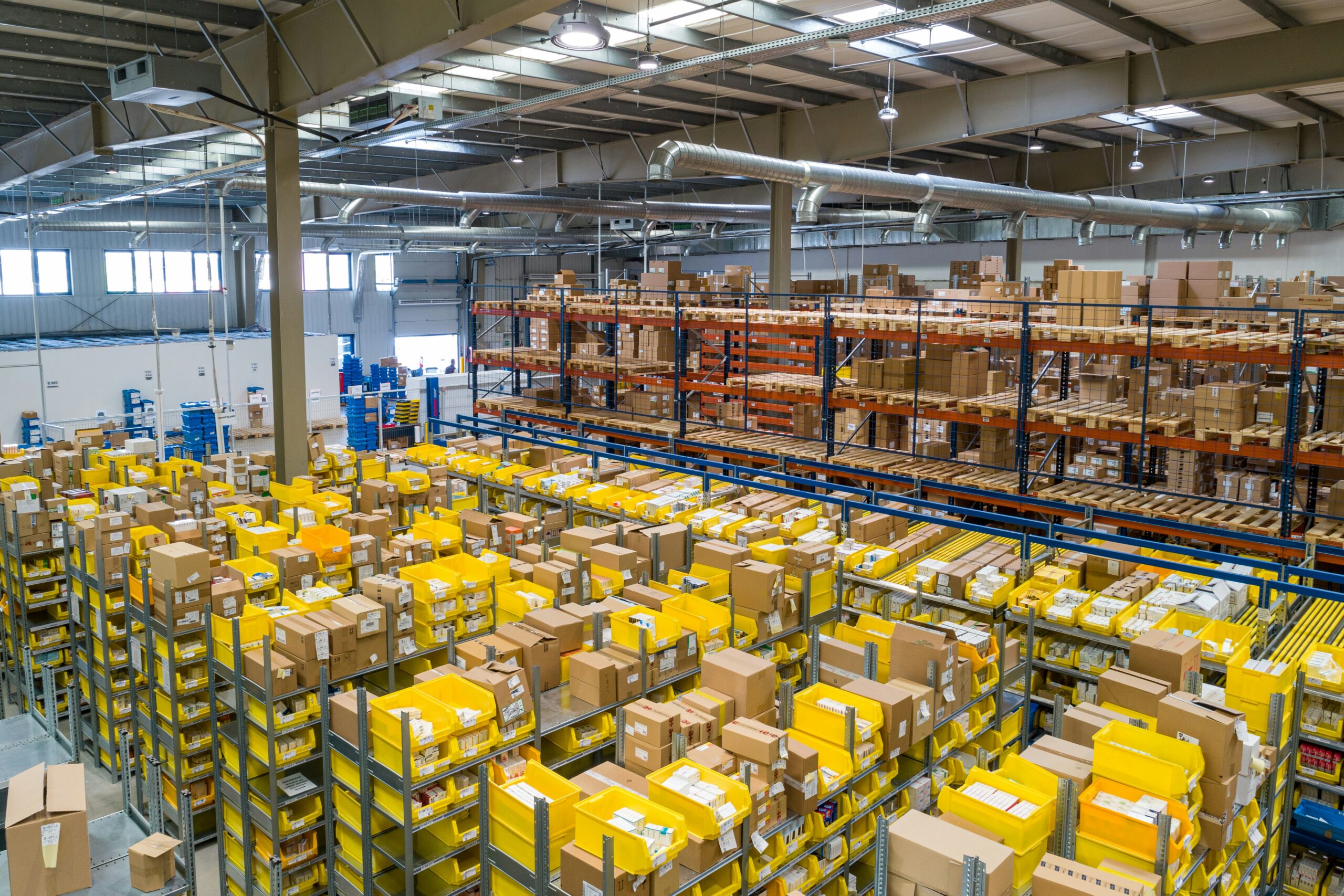Efficiency and adaptability aren’t just some buzzwords that business owners tend to use in board meetings. Actually, they are the foundation upon which successful operations are built. This is especially true when it comes to selecting a WMS.
Choosing a WMS goes far beyond making a strategic choice. It’s often about committing to a long-term solution that, without a doubt, will significantly influence your operational efficiency, scalability, and consequently your overall business growth.
Understanding the Weight of Your Decision
When you’re in the market for a WMS, it’s not just about picking any software. It’s a quite hard yet important decision that can really change how your warehouse runs – for better or for worse.
Think about it this way. The WMS you choose will play a huge part in how well you keep track of your inventory, how quickly you get orders out the door, and a whole lot more. And since switching to a new WMS later on can be a major headache and cost a pretty penny, you will want to be fully confident you’re choosing wisely from the very start.
Why Picking a WMS Matters So Much
Selecting the right WMS should be approached seriously because it’s not something you can easily change later without causing a bit of chaos. Both the warehouse and your business in general can be hit hard if you keep switching one WMS with another.
Just imagine trying to keep a bunch of moving parts in order, and then someone tells you to swap out one of them without stopping the other elements. Can be pretty tricky, right?
That is what it may look like to change your WMS after everything is up and running. It can simply mess with your operations, which isn’t even that bad. The worst-case scenario is that changing a WMS often may cost you more than you would think. This is exactly why getting it right the first time is so important.
TIP: To avoid unnecessary disruption, do your research to understand better how a given WMS works. It should go hand in hand with how you do things now, plus offer you the possibility to grow it as your business grows.
How to Check if a WMS Provides Flexible Use of Functions
You need to find a WMS that bends to fit your needs. You can do it by asking the producer how the WMS handles changes in volume, product types, and workflows.
Also, try to find out if a WMS allows easy adjustments without a lot of downtime or expense. Look for features like customizable dashboards and the ability to add or modify functions as your business grows.
Finally, don’t forget to check user reviews for insights into how adaptable the system truly is.






